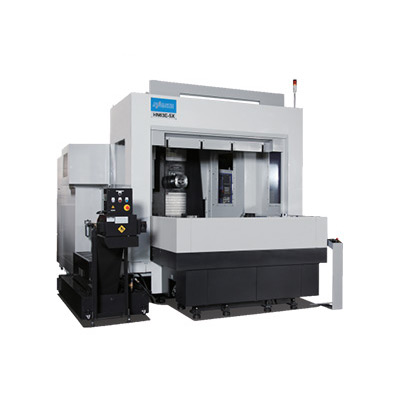Understanding the Importance of Brake Lines in Vehicle Safety and Performance
Understanding the Importance of Brake Lines in Cars
When it comes to vehicle safety, few systems are as vital as the braking system. One key component of this system is the brake line, which plays a critical role in ensuring that your vehicle can stop effectively and safely. Understanding the brake line in your car can help you maintain your vehicle better and enhance your driving safety.
What Are Brake Lines?
Brake lines are tubes that carry brake fluid from the master cylinder to the various components of the braking system, such as the brake calipers and wheel cylinders. They are typically made from steel or reinforced rubber. Steel lines offer greater durability and resistance to damage, while rubber lines provide flexibility and ease of installation. Regardless of the material, brake lines must be in excellent condition to ensure optimal braking performance.
Types of Brake Lines
There are mainly two types of brake lines used in vehicles
1. Metal Brake Lines These are primarily made of steel or sometimes copper. They are less prone to damage from heat and are ideal for high-pressure applications. Metal lines are often found in the main sections of the braking system, where durability is critical.
2. Rubber Brake Lines These flexible lines are usually used for components that require some level of movement, such as the brake hoses connecting to the calipers. Rubber lines can expand slightly under pressure, which is beneficial for absorbing shocks and vibrations.
How Brake Lines Work
When you press the brake pedal, the master cylinder generates pressure that pushes brake fluid through the brake lines. This fluid is incompressible and transfers the force from your foot to the brake pads at each wheel. The brake pads then clamp down on the rotors, slowing the car. If there is any issue with the brake lines, such as leaks or blockages, the system will not operate effectively, which can lead to decreased braking power or even brake failure.
Common Issues with Brake Lines
Over time, brake lines can develop problems that may go unnoticed until it’s too late. Some common issues include
brake line in car

- Leaks Brake fluid is typically a clear or light-yellow fluid. If you notice any fluid pooling near your wheels or under your vehicle, it could indicate a leak in the brake lines. Leaking brake fluid can seriously compromise your braking ability, making it essential to address immediately.
- Corrosion Metal brake lines are particularly susceptible to corrosion, especially in regions where roads are salted during winter. Corrosion can weaken the lines and make them more prone to bursting under pressure.
- Cracks and Wear Rubber brake lines can crack or wear over time due to exposure to heat and chemicals. Flexible hoses are also subject to expansion and contraction, which can lead to fatigue over time.
Maintenance Tips
To ensure your brake lines remain in good condition, consider the following maintenance tips
1. Regular Inspections Have your brake lines inspected regularly, particularly during routine vehicle maintenance. Technicians can spot potential issues before they become major problems.
2. Fluid Checks Regularly check the brake fluid level in your vehicle. Low fluid levels can indicate a leak or other issues within the braking system.
3. Prompt Repairs If you notice any signs of leaks or wear, have your brake lines repaired or replaced immediately. This can prevent larger, more expensive problems from occurring.
4. Consider Upgrades If you drive in conditions that put a lot of stress on your braking system, consider upgrading to higher-quality brake lines. Stainless steel braided lines, for example, provide added strength and are less prone to expansion under pressure.
Conclusion
In summary, brake lines are a crucial component of your vehicle's braking system, directly influencing your safety on the road. Understanding how they work, recognizing common problems, and conducting regular maintenance can help keep your brake system functioning effectively. Don't overlook this vital aspect of your vehicle; ensuring your brake lines are in top condition can mean the difference between a safe stop and a potential accident.
-
Ultimate Spiral Protection for Hoses & CablesNewsJun.26,2025
-
The Ultimate Quick-Connect Solutions for Every NeedNewsJun.26,2025
-
SAE J1401 Brake Hose: Reliable Choice for Safe BrakingNewsJun.26,2025
-
Reliable J2064 A/C Hoses for Real-World Cooling NeedsNewsJun.26,2025
-
Heavy-Duty Sewer Jetting Hoses Built to LastNewsJun.26,2025
-
Fix Power Steering Tube Leaks Fast – Durable & Affordable SolutionNewsJun.26,2025

